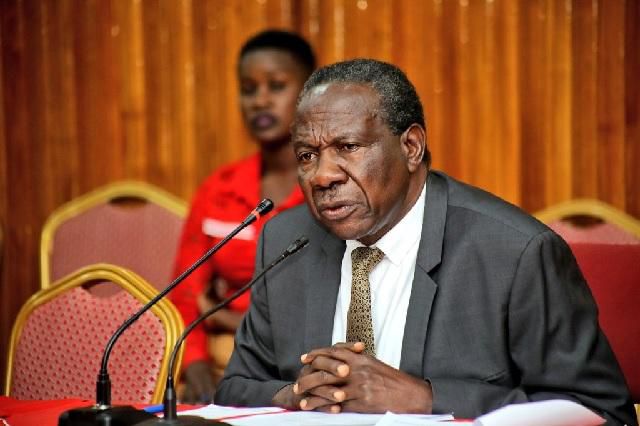Uganda seeks to end external borrowing next year to curb bulging debt
)
The Ministry of Finance says external borrowing will drop to just 29.9 billion Ugandan shillings ($8.15 million), a significant decline from the current 1.394 trillion shillings.
This announcement is being seen as a bold step by the government in efforts to tackle the ballooning debt crisis that has become a major concern for the economy.
Uganda's public debt stood at $25.6 billion as of June 2024, a sharp increase from $23.7 billion recorded in the same period the previous year, according to finance ministry data.
The growing debt has drawn criticism from opposition politicians and led to downgrades in the country’s credit rating.
Debt Concerns and Criticism
Critics argue that excessive borrowing, particularly for infrastructure projects, has left the country vulnerable to debt distress.
Uganda's opposition leaders have repeatedly raised concerns over the long-term implications of the rising debt levels, questioning the sustainability of the government’s fiscal policies.
In recent years, Uganda has borrowed heavily to fund major infrastructure projects, including roads, dams, and oil-related investments, which the government claims are crucial for driving economic growth.
Despite achieving faster economic recovery than many of its African peers since the COVID-19 pandemic, critics argue that the debt burden is becoming unsustainable.

Domestic Borrowing Also Slashed
In addition to reducing external borrowing, the finance ministry announced plans to cut domestic borrowing through Treasury bonds by 54% in the next financial year compared with the current period.
This move is part of the government’s broader strategy to lower overall spending, with the 2025/26 budget projected to drop to 57.4 trillion shillings, a significant decrease from the 72.1 trillion shillings allocated for the ongoing financial year.
)
)
)
)
)
)
)